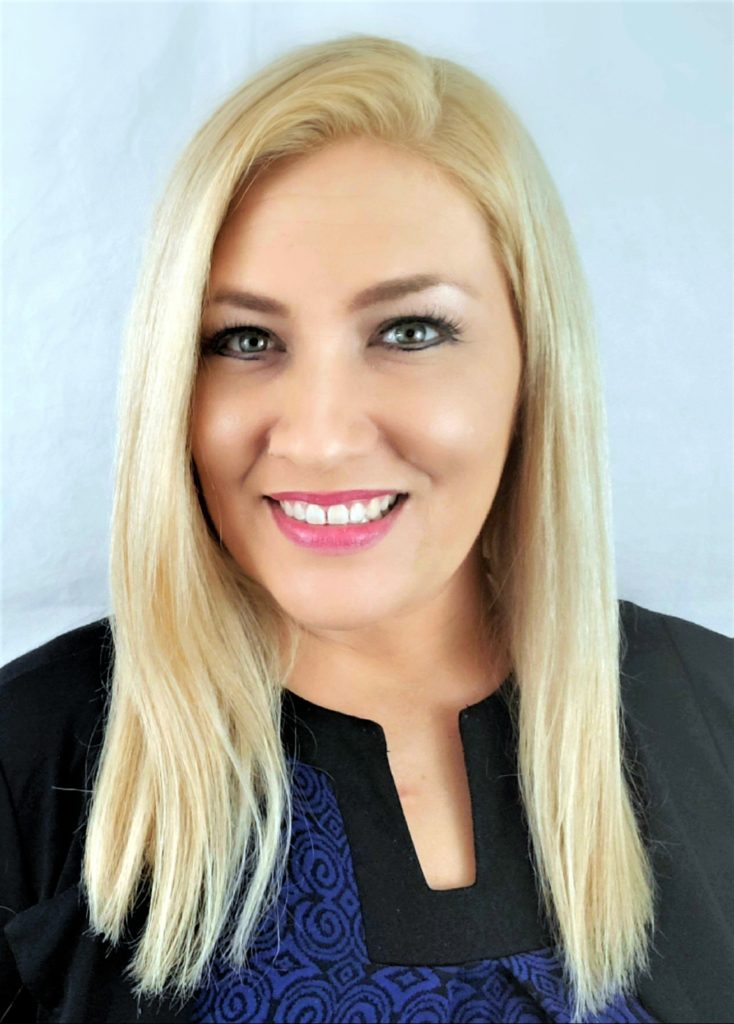Before her advocacy, Loretta Boesing as a social worker in hospitals assisted those without health insurance coverage. She has several years of experience as a health insurance agent, physician and hospital contractor, contracting project coordinator, and health insurance consultant.

Listen
[optinform]
Subscribe
iTunes | Stitcher | Google Play | Spotify
About Loretta Boesing & Unite For safe Medications
Before her advocacy, Loretta Boesing as a social worker in hospitals assisted those without health insurance coverage. She has several years of experience as a health insurance agent, physician and hospital contractor, contracting project coordinator, and health insurance consultant.
Her experience along with her fierce passion for improving the future of pharmaceutical care for all makes her a successful and knowledgeable advocate for safe medications. Most importantly, her mission is to ensure patients have options in their coverage to their access their trusted pharmacists and that safe access to medications is prioritized.
Unite for Safe Medications started after a series of events that led up to Loretta’s child unable to access his medications the safest way, through the hands of the family’s trusted pharmacists. Loretta’s son is a transplant recipient whose life depends on medications every 12 hours.
As a mother, Loretta Boesing realized the importance of having the options of receiving her son’s medications the safest way after her son’s medications were delivered on a 102-degree day without protection. Soon after, her son went into transplant rejection. She vowed never again to use mail order pharmacy until it could be proven safe.
Upon researching the handling of medications, Loretta discovered an issue with the rules and regulations in the handling of medications during transport to the patient’s door. Mail-order pharmacy is very loosely regulated or unregulated in many areas after finding out that the FDA doesn’t regulate the temperatures of mail-order pharmacy.
For example, there is a lack of handling requirements of medications from the mail-order pharmacy to the patient’s door. The manufacturer places safe temperature storage guidelines on the label. For most room temperature medications that are shipped in a bag, this is 59-86 degrees. Sadly, the mail-order pharmacy is not required by the FDA or most state laws to maintain the temperatures of medications during excursions. This is true for even delicate children’s room temperature medications. As many are forced to mail-order, this is an area that must be improved in order to ensure the safety of medications.
Recently, through an employer-sponsored plan, all coverage was removed to be able to pick up her son’s medications. She could only get his medications if delivered by mail. Again, her son’s medications were delivered in only a bag in high heat. Again, her son’s labs elevated.
Upon connecting with others, she learned that the forcing of mail-order pharmacy was happening to many. Some, like Loretta, quickly discovered there was not an “Opt-out” option of mail order pharmacy.
Loretta connected with another petitioner who has a UPS petition of over 400,000 supporters for air-conditioning in the back/storage area of the vehicle. Theresa’s husband went into renal failure from the high temperatures in the storage area. People die every year because the vehicles are extremely hot just like your car is extremely hot sitting in the sun. The doors are mandated to stay closed unless workers are getting a package. The trucks get over 100 degrees on an 80-90 degree day, and temperatures can soar up to 170 degrees.
Next, Loretta connected with physicians and pharmacists who introduced her to many other issues with mail-order pharmacy.
Pharmacist were quick to support her in her fight against forced mail-order pharmacy citing many issues of having to come to the rescue of patients due to delays, lost shipments, miscommunication, no face-to-face interaction with a pharmacy that was familiar with the patient’s history, lack of temperature monitoring, and damaged shipments.
The pharmacists also informed that independent pharmacies were closing rapidly due to an unfair playing field.
Next, Loretta learned why patients are forced to mail-order pharmacy. Forced mail-order pharmacy occurs due to the insurance company’s pharmacy benefit manager (PBM) forcing many to use only their owned mail-order pharmacy. There is about an 80% chance that a person’s PBM is CVS, Express Scripts, and Optum RX. All three frequently steer or only allow coverage for certain medications through their OWNED mail-order pharmacy. Many pharmacists also complained about unfair reimbursements. Loretta checked her son’s medications that were sent in the mail. The PBM reimbursed it’s owned mail-order pharmacy about $180 for a medication that out of pocket would have cost about $20. The same PBM paid her son’s regular pharmacy $24 for the exact medication.
Profits appeared to become first before what was best for the patients.
There are many issues with forced mail-order pharmacy. By educating others about these issues, gathering resources, performing research, educating others, and encouraging safe access to medications, Loretta Boesing will fight hard to ensure that mail-order pharmacy is never forced or left as the only option, life-saving medications are properly handled, patients will always have options and coverage to a pharmacist who knows them personally, and that America’s trusted pharmacies are paid fairly.
What you will learn
- Why Loretta Fights
- Why Mail Order Pharmacy doesn’t always work
- PBM’s the source of the scrooge
- Why patient choice is a matter of life and death
- Saving the Post office is saving lives
- Learn about Unite for Safe Medications
Links & Resources
- Unite For Safe Medications
- Stop Forcing Mailorder Pharmacy Petition
- Pay Our Community Pharmacies Fairly Petition
Subscribe & Review on iTunes
Are you subscribed to our podcast yet? Want to get bonus episodes? Be sure to subscribe so you get notified of any new episode that comes out.
Click here to subscribe on iTunes.
